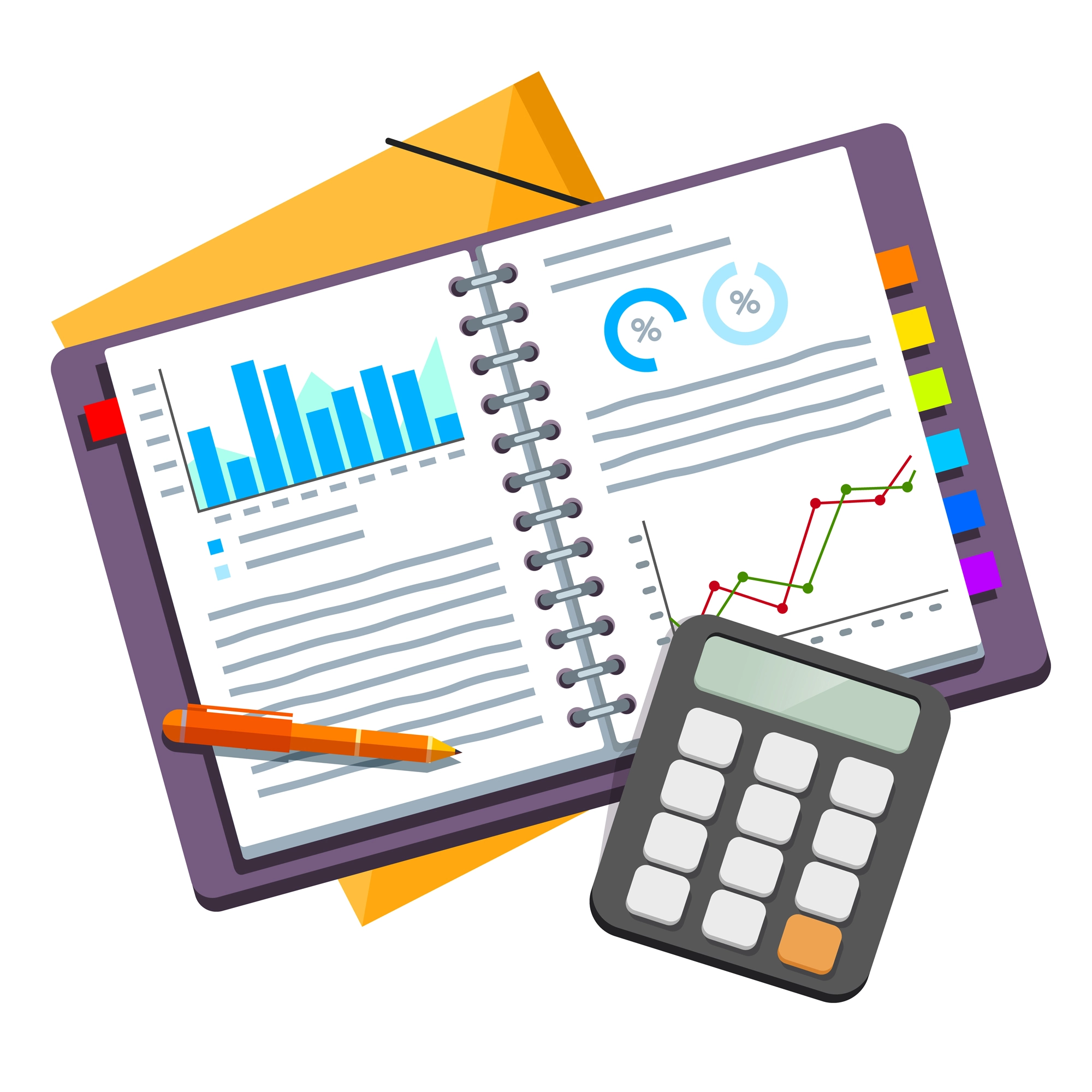Welcome, dear reader, to the wild and wacky world of QuickBooks and small business CPAs! If you’re a small business owner, you’re probably familiar with the term CPA, or Certified Public Accountant. But if you’re not, don’t worry! We’re here to explain it all, in a way that’s as entertaining as it is informative. So buckle up, because we’re about to dive into the exciting world of financial management!
Now, you might be thinking, “Exciting? Financial management? Surely, you jest!” But we assure you, dear reader, we are not jesting. When you’re a small business owner, understanding your finances is like being the captain of a ship in a stormy sea. It’s thrilling, it’s challenging, and it’s absolutely essential for your survival. So let’s set sail, shall we?
What is a CPA?
A CPA, or Certified Public Accountant, is a superhero of the financial world. They’re like the Batman of bookkeeping, the Wonder Woman of tax returns, the Superman of financial statements. They have passed rigorous exams, met strict experience requirements, and pledged to uphold high ethical standards. In other words, they’re not just any old accountant. They’re the cream of the crop, the top of the heap, the bee’s knees!
But what does a CPA do, you ask? Well, they do a lot of things! They can help you with tax planning and preparation, financial reporting, auditing, and much more. They can also provide advice on business strategies, financial management, and other important areas. In short, they’re your go-to resource for all things financial.
The Role of a CPA in Small Businesses
Now, you might be wondering, “What does a CPA do for a small business?” Well, let me tell you, they do a lot! They can help you navigate the complex world of tax laws, ensure your financial statements are accurate and compliant, and provide valuable advice on business strategies. They’re like a financial GPS, guiding you through the treacherous terrain of business finance.
But that’s not all! A good CPA can also help you save money. They can identify tax deductions and credits you might not be aware of, help you avoid costly mistakes, and provide advice on how to manage your finances more efficiently. So not only can a CPA help you stay afloat, they can also help you sail towards a more profitable future!
QuickBooks: The Small Business Owner’s Best Friend
Now, let’s talk about QuickBooks. If you’re a small business owner, QuickBooks is like your best friend. It’s there for you when you need it, it helps you keep track of your finances, and it makes your life a whole lot easier. But what is QuickBooks, exactly?

QuickBooks is a software program that helps you manage your business finances. It can help you track your income and expenses, create invoices, manage your inventory, and much more. It’s like having a personal assistant who’s always on top of your finances. And the best part? It’s easy to use, even if you’re not a financial whiz!
Why QuickBooks is Essential for Small Businesses
So why is QuickBooks so important for small businesses? Well, for starters, it can save you a lot of time. Instead of manually tracking your finances, you can let QuickBooks do the heavy lifting. This frees up more time for you to focus on what you do best: running your business.
But that’s not all. QuickBooks can also help you make smarter business decisions. It provides you with real-time financial data, so you can see exactly where your money is going and where it’s coming from. This can help you identify trends, spot potential problems, and make informed decisions about your business. So not only does QuickBooks save you time, it can also help you run your business more effectively.
How a CPA Can Help You With QuickBooks
Now, you might be thinking, “I’ve got QuickBooks, I don’t need a CPA!” But hold your horses, dear reader! While QuickBooks is a fantastic tool, it’s not a substitute for a CPA. In fact, a CPA can help you get even more out of QuickBooks.
For starters, a CPA can help you set up QuickBooks correctly. This might sound simple, but it’s actually quite important. If you don’t set up QuickBooks correctly, you could end up with inaccurate financial data. And as we all know, garbage in, garbage out!
CPA and QuickBooks: A Dynamic Duo
But that’s not all a CPA can do. They can also help you understand your QuickBooks data. They can help you interpret your financial reports, identify trends, and make informed business decisions. In other words, they can help you turn your QuickBooks data into actionable insights.
And let’s not forget about tax time. A CPA can help you use QuickBooks to prepare your tax returns, ensuring you take advantage of all the deductions and credits you’re entitled to. So not only can a CPA help you use QuickBooks more effectively, they can also help you save money at tax time.
Conclusion
So there you have it, dear reader. The exciting world of QuickBooks and small business CPAs, explained in all its glory. We hope you’ve found this guide entertaining as well as informative. Remember, when it comes to managing your business finances, you don’t have to go it alone. With the help of QuickBooks and a CPA, you can navigate the stormy seas of business finance with confidence and ease.
So go forth, dear reader, and conquer the world of business finance. With QuickBooks by your side and a CPA in your corner, there’s nothing you can’t achieve. Bon voyage!


